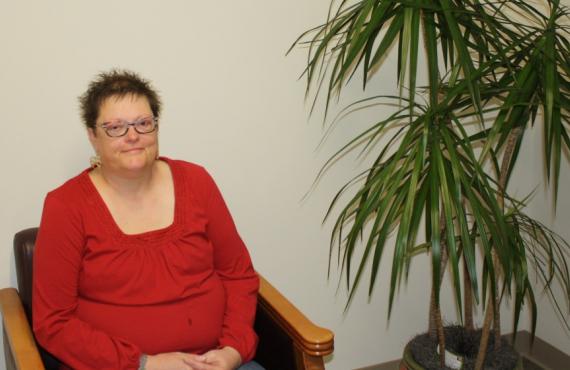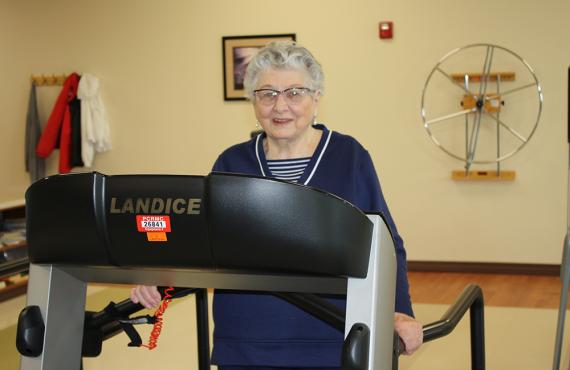Published on February 4, 2022
Read Time: Two Minutes
A healthy heart usually beats around 60 to 100 times per minute, but this can vary based on your gender, age and other factors, including activities you are doing.
Your heart has a natural pacemaker called the sinus node, located in the upper right chamber of the heart, to help keep your heartbeat regular.
However, sometimes your heart’s regular beat becomes irregular, and this is known as a heart arrhythmia.
Arrhythmias can occur due to electrolyte abnormalities, changes to the heart muscle or lack of blood flow (ischemia), just to name a few.
Heart arrhythmias can occur when the heart is beating too fast or too slow. They also can occur in both the upper and lower chambers of the heart.
Symptoms of upper chamber arrhythmias may include complaints of chest pain, lightheadedness, shortness of breath, palpitations (fast-beating, fluttering or pounding heart) and other signs. In general, lower chamber arrhythmias are associated with passing out or, in some cases, sudden cardiac death.
Arrhythmias can happen at any age but are more common as you get older. Other types of arrhythmias may occur due to genetics, alcohol use, kidney failure or other diseases.
Arrhythmias are diagnosed in a doctor’s office by recording the rhythm of the heart on a standard electrocardiogram (EKG or ECG), Holter monitor or an event recorder.
Once the arrhythmia has been identified, other tests may be ordered. These tests may include a two-dimensional echocardiogram, Holter monitor, event recorder, stress test and lab work.
Treating a heart arrhythmia depends on the cause. Your doctor may treat your irregular heartbeat with medications or more tests. Exercise and diet changes also have been shown to treat arrhythmia.
Depending on the type of arrhythmia you have, you can expect a normal life. People with arrhythmias are seen by cardiologist on a routine basis, and treatment is modified, according to the symptoms.
Many lifestyle changes may be effective in lessening the frequency of arrhythmia. Maintaining an ideal body weight, getting regular exercise, eating a healthy diet and drinking alcohol in moderation can all help. Do not smoke, and if you do smoke, quit. Making sure you see your doctor at least once a year for a physical also is beneficial.
If you are feeling any irregular heartbeat or palpitations (fast-beating, fluttering or pounding heart) that come frequently, and you have symptoms of lightheadedness, shortness of breath or chest pain, you should talk to your primary care physician or provider, who can perform an electrocardiogram or refer you to a cardiologist.
Find Heart Care, Close to Home
To learn more about cardiology and heart care services at Phelps Health, call the Phelps Health Heart and Vascular Center at (573) 308-1301.

